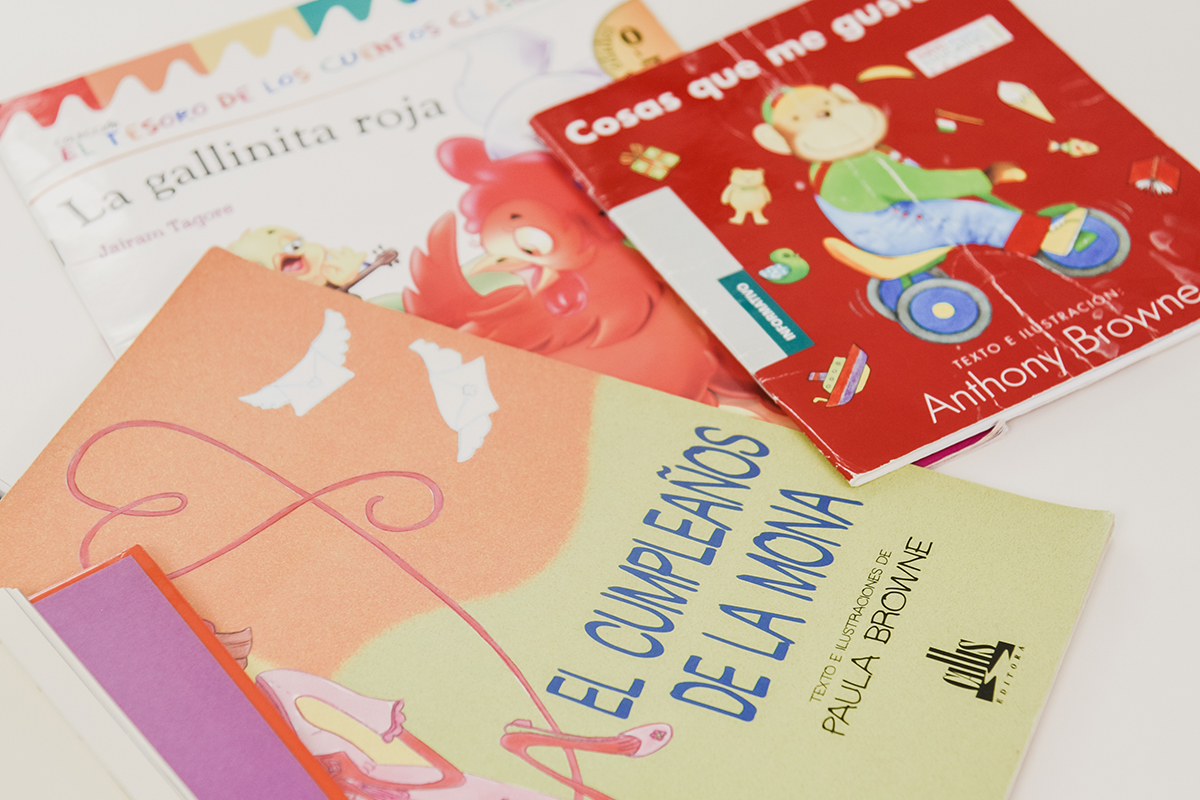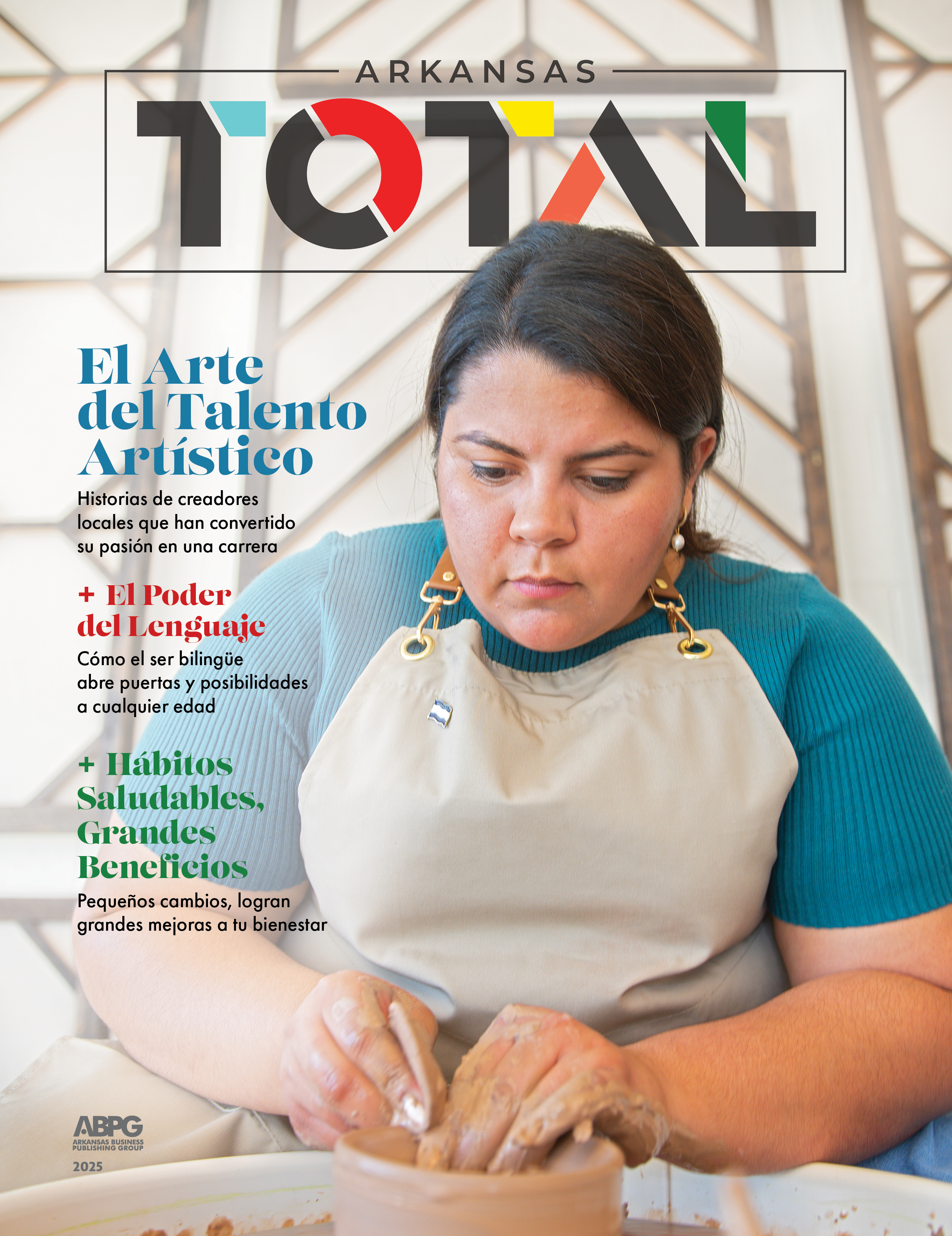When Words Wait

Language development looks different for every child, but some behaviors are signs of delay in language learning. | El desarrollo del lenguaje es diferente para cada niño, pero algunos comportamientos son indicios de un retraso en el aprendizaje del lenguaje.
También puedes leer este artículo en español, Cuando las Palabras Tardan en Salir
Ashley Villarreal, director of Amigos Pediatric Therapy, has spent more than eight years working with Hispanic families, helping them recognize early signs of speech and language delays. For many parents, especially in bilingual households, it can be hard to know when it’s time to seek professional help.
“The first thing I always ask is: Who understands your child besides you?” Villarreal says. “If only mom understands them, that’s already a red flag.”
By 18 months, a child should be saying words like “mama,” “water” or “come.” By age 2, they should be forming two-word phrases like “give milk” or “go there.” If that’s not happening, Villarreal encourages parents to talk to their pediatrician or a speech therapist.
One common sign that’s often overlooked is when a child doesn’t respond to their name. “It doesn’t automatically mean autism,” Villarreal explains. “Sometimes they simply don’t understand what’s being said to them, and that’s part of receptive language development.”
Villarreal says language barriers can affect early diagnosis. According to the National Institutes of Health in the U.S., 20-30% of children referred for speech and language evaluations in public schools come from homes where English is not the first language. Of those evaluated, 7-10% are diagnosed with a speech or language disorder.
Stigma also plays a role in delayed diagnoses, she says.
“Some parents think their child is just ‘lazy’ or ‘shy,’ and they don’t seek help,” she says. “But every child is different. You can’t compare, and you shouldn’t normalize delays just because ‘that’s how their older sibling was.’”
Beyond looking for signs of language delay, Villarreal emphasizes how important it is for parents to be involved in their childrens' lives.
“In the past, many parents had no choice but to drop their child off at a daycare that offered therapy and hope for the best,” she says. “At Amigos, we work as a team. We give parents activities to try at home and invite them to be part of the process.”
Villarreal’s goal is simple: to give children a voice, and their families the tools to support them — with care, in their language and without judgment.

